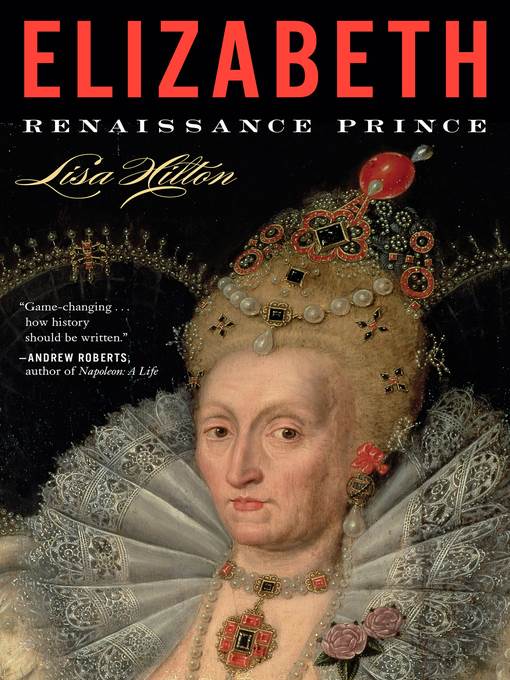
Elizabeth
Renaissance Prince
کتاب های مرتبط
- اطلاعات
- نقد و بررسی
- دیدگاه کاربران
نقد و بررسی

August 24, 2015
British novelist and historian Hilton (The Horror of Love) argues that Queen Elizabeth I’s virginity is the least interesting fact about her, and that her intellect matters far more. According to Hilton, Elizabeth consciously melded both her feminine and masculine qualities into an enormously successful example of an effective—and often Machiavellian—Renaissance “prince.” In Hilton’s account, Elizabeth loses much of her famed temper; the Tudor royal’s occasional tantrums are recast as part of a calculated and long-reaching plan. While Elizabeth certainly took the long view, it’s still unlikely that her rages were actually all strategy. But as part statesman, part coquette, and sometime arms dealer to the East, Elizabeth ably channeled her assets of wise counsel, oratorical skill, strong will, and diplomatic nous to strengthen her contested claim to the throne. In addition to providing ample context for Elizabeth’s high-stakes decisions, Hilton also describes the nuances of Protestant sects and the ever-shifting relationships between the contemporary European monarchs that required England’s full attention. In this focused, well-researched biography, Hilton transforms an irreverent, centuries-old vision of a “bewigged farthingale with a mysterious sex life” into a resolute, steel-spined
survivor who far surpassed Henry VII’s wildest hopes for his new dynasty.

October 15, 2015
In this readable and entertaining biography of Elizabeth I (1533-1603), Hilton (Athenais; Queens Consort) recounts the life of Anne Boleyn's daughter with Henry VIII, from childhood to old age in a series of thematic chapters, each one loosely centered on a facet of Elizabeth or her monarchy which, Hilton argues, defines her as a particularly "Renaissance" prince. While the author's discussion of Machiavelli in the opening chapters might lead readers to expect an argument based on the tenets of The Prince, this is not what she delivers. It is often difficult to tell what larger point Hilton is aiming to establish. While Hilton writes amusingly and has her facts in order, she provides no fresh analysis or recontextualization. In addition, she takes some poorly advised swipes at other historians of the period that add nothing to her narrative or scholastic credibility. VERDICT Those who enjoyed Hilton's previous books will most likely want to read this one, as will die-hard fans of Elizabeth. Readers seeking a more nuanced look at the queen and Tudor politics should turn instead to works by Antonia Fraser or Alison Weir.--Hanna Clutterbuck, Harvard Univ. Lib., Cambridge, MA
Copyright 2015 Library Journal, LLC Used with permission.

























دیدگاه کاربران